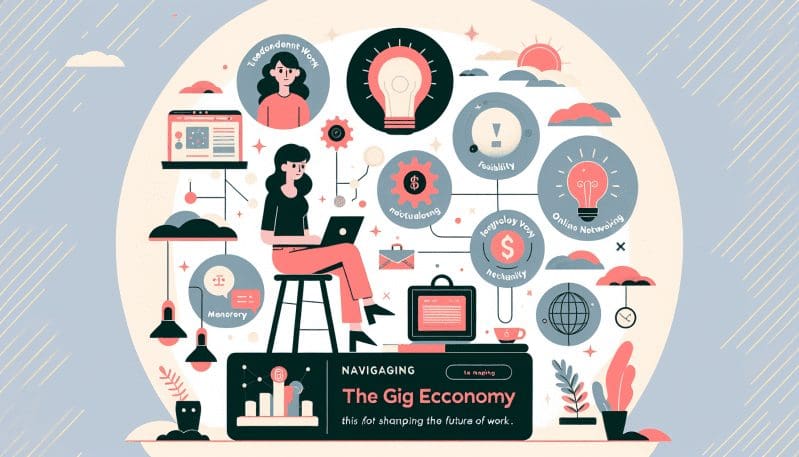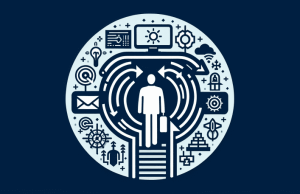As we forge ahead into the future of work, we find the landscape dramatically altered by the rise of the gig economy—a world where short-term contracts and freelance work are not just prevalent, but celebrated. The very essence of what it means to be employed is shifting beneath our feet, and with it, the traditional corporate structures that have long provided workers with guidance and pathways for growth are becoming less relevant. In this seismic transition, mentorship emerges as a lighthouse, guiding gig workers through the choppy waters of freelance and contract work.
The gig economy presents a unique set of challenges and opportunities for workers. Freedom, flexibility, and the chance to be one’s own boss are offset by the uncertainties of irregular income, lack of job security, and often, the absence of a defined career progression. Herein lies the critical role of mentorship. Experienced professionals who have navigated the twists and turns of a non-traditional career path have invaluable insight and guidance to offer. By sharing their knowledge, they can help gig workers not only survive but thrive in this new environment.
One of the core challenges of mentorship in the gig economy is the isolated nature of gig work. Without the watercooler chats and office-bound networks, gig workers might find themselves operating in silos, devoid of the organic mentorship opportunities that office environments traditionally offer. Digital platforms and virtual mentorship programs must rise to fill this gap, offering structured and accessible ways to connect mentors with mentees, regardless of their physical location.
Virtual mentorship, while it poses challenges such as the lack of face-to-face interaction, also brings unique rewards. It can tap into a global pool of professionals, providing a diversity of perspectives and expertise that is unparalleled. Video conferencing, collaboration tools, and online communities are bridging the gap, making mentorship an attainable resource for gig workers everywhere.
Peer-to-peer learning networks are also a critical component of the new mentorship paradigm. Knowledge sharing among gig workers allows for the distribution of real-time, industry-specific information that can be more practical and immediately applicable than traditional education models. These networks foster a sense of community and collective intelligence that can empower individuals and elevate the gig sector as a whole.
The potential for collaboration between gig platforms and professional mentorship organizations holds promise for the institutionalization of mentorship within the gig economy. If gig platforms recognize the value of equipping their workers with these growth opportunities, they can actively facilitate connections that aid in professional development, job satisfaction, and ultimately, retention and quality of work.
By embracing mentorship within the gig economy, we unlock the potential to create a more sustainable and fulfilling future for work. We redefine ‘career’ not as a ladder to be climbed within a single corporation but as a web of experiences and growth opportunities, guided by those who have journeyed before us. We reshape our understanding of the modern workplace, moving away from the archetype of the 9-to-5 office job to a more dynamic, personalized approach to professional development.
The gig economy, with its flexibility and individualism, doesn’t have to mean isolation. Through mentorship, we can build bridges between the wisdom of experience and the innovation of the new workforce, fostering a gig economy that is not only vibrant and diverse but also supportive and sustainable. Let us, therefore, nurture these connections that will empower the workforce of tomorrow and lay the foundations for the future of work—one where every gig worker can not only navigate but also excel in their chosen field.

















![From TAOLabs: A New, Simplified Way to Learn in the Age of Chaos [30m60h90d] From TAOLabs: A New, Simplified Way to Learn in the Age of Chaos](https://theworktimes.com/wp-content/uploads/2025/05/ChatGPT-Image-May-13-2025-01_11_22-AM-238x178.png)










